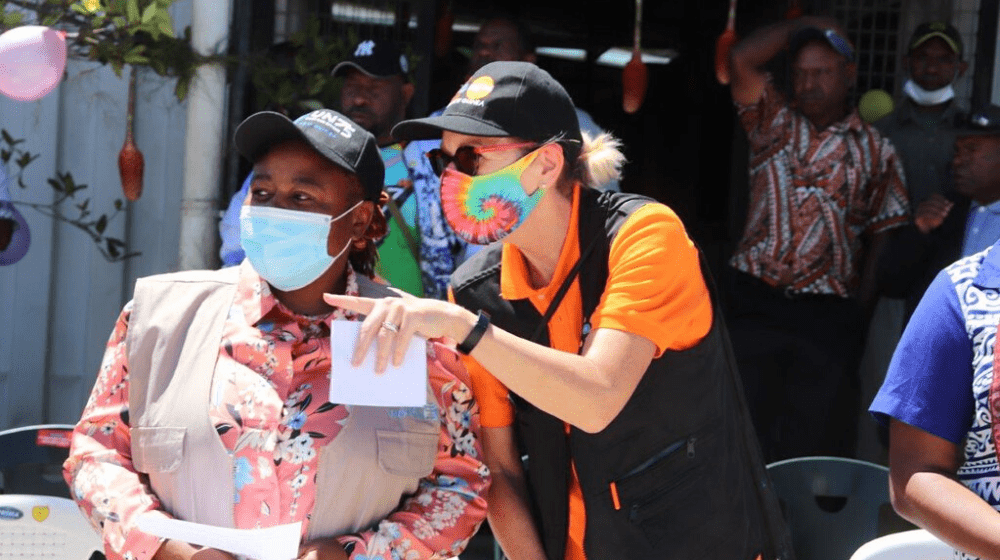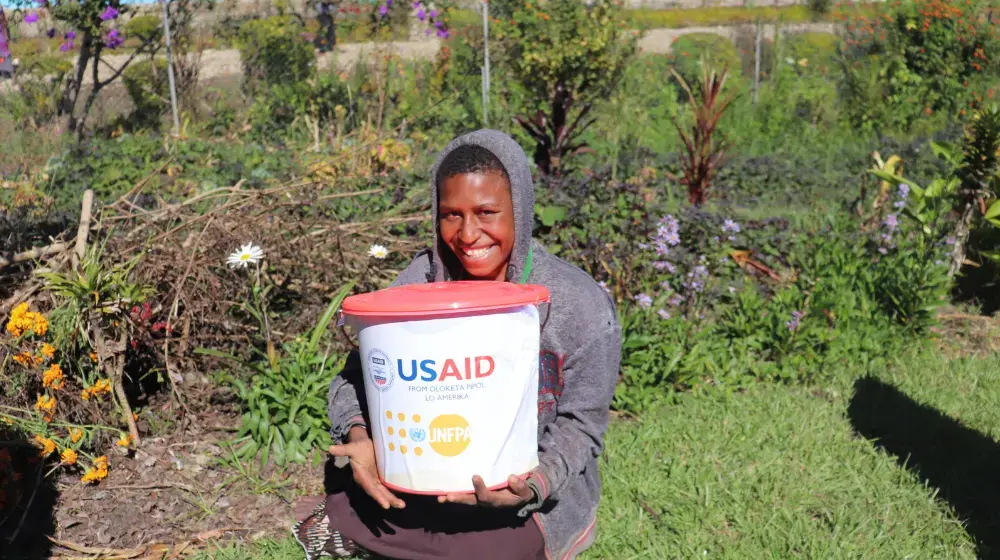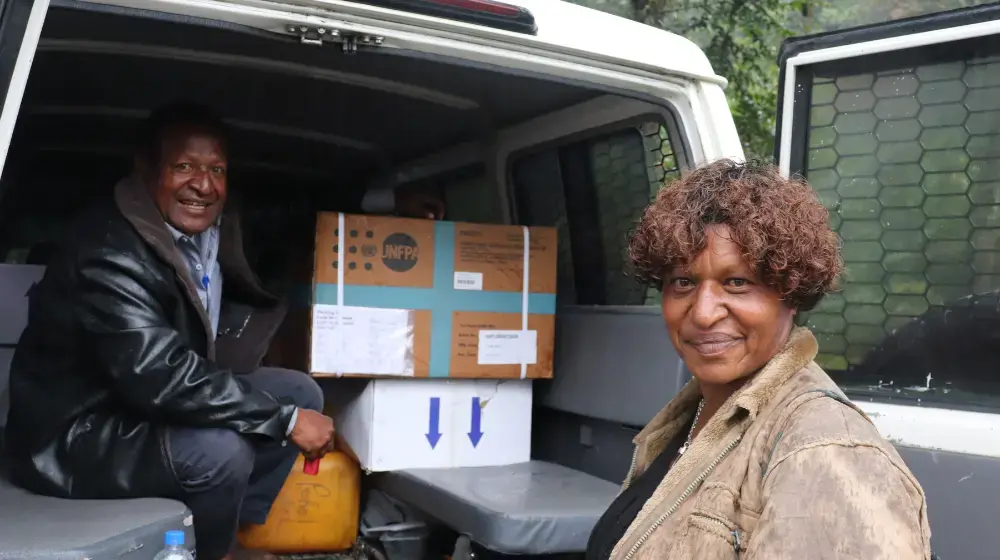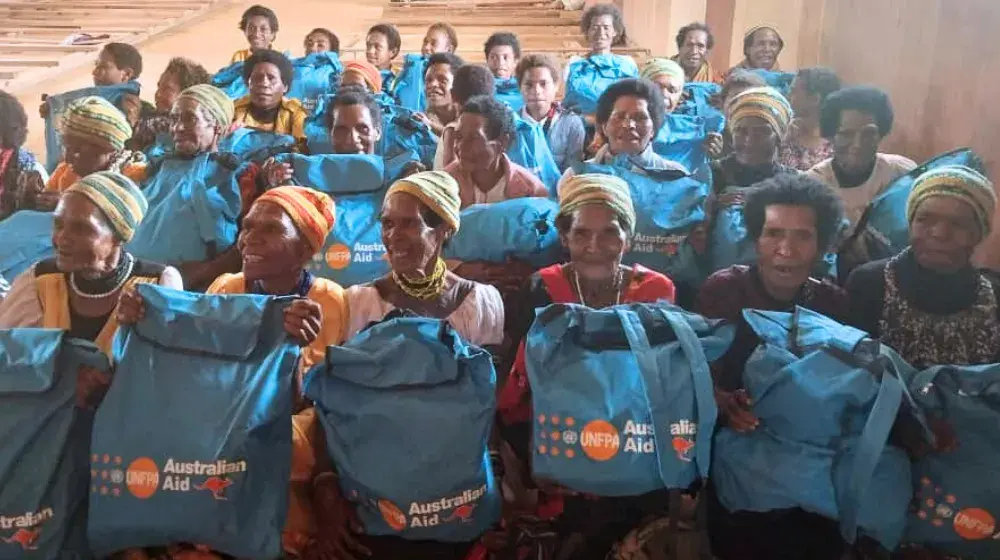“Here at Koroba LEP Centre, we see women, men, boys and girls, displaced by tribal violence,” shares Alice Bibe, coordinator of the Koroba LEP Centre in Hela Province. “And they bring their troubles and concerns with them.”
The psychological impact of prolonged exposure to violence and insecurity, and of abuse and neglect, is all too apparent for community leaders and responders to violence in Hela Province. The provision of quality mental health services is a growing concern for service providers, who see addressing mental health as key to breaking cycles of violence in the province.
“During, and following conflict, people are living with a lot of trauma,” said Mapera Angu, Project Coordinator for the Melanesian Institute. “We have been bringing some great training in the area of peacebuilding but still the perpetrators and survivors go back, and that trauma builds. So, the peacebuilding training alone cannot solve these issues.”
To address the need for quality mental health services, UNFPA and UN Women are partnering with local organisations to deliver a Mental Health and Psychosocial Services project in the Highlands Region. Alice and Mapera were part of an initial stakeholder workshop with partners from Hela on August 2-3 to better understand the existing mental health needs and services.
Merilyn Tabagua from Rural Women’s Development Foundation said that in her work with the Family Support Centre (FSC) “when there is a woman who has been abused, they have a lot of trauma, and we send them back home. Sometimes, they end up killing themselves.”
“My catchment area is the urban area in Tari but we have the Hela Council for Women reaching out in other areas. The community needs to be trained so we can impart knowledge about mental health. This is really important and this is something we need for Hela.”
The MHPSS project being implemented by UNFPA and UN Women is starting small in Hela Province. This introductory workshop permitted stakeholders to share what they want to see from a MHPSS program and established how UNFPA and UN Women would work with local networks to achieve the best impact from this pilot project.
“This workshop will help us to utilise the training that is to come,” said Alice. “We have a network of women and youth in our electorate. We can train women leaders and youth leaders who can then go back and train the women and youth in their community.”
In consultation with the representatives from Hela, it was clear that interventions should work within existing referral pathways in order to be successful. However, stakeholders also emphasised that counselling needs to be understood as a professional skill set and that those offering counselling services need to be trained and qualified.
The two-day workshop included a presentation from UNDP on the Highlands Joint Programme, a partnership between UNDP, UN Women, UNFPA and IOM to support humanitarian response and peacebuilding in the region.
“I really appreciate UNFPA and UN Women for starting the MHPSS program in Hela,” said Mapera. “This is a good start. Together we will bring peace to Hela.”
UNFPA and Peacebuilding
UNFPA is working with UN Women to complete the Mental Health and Psychosocial Support (MHPSS) project in Hela Province as part of the Gender and Youth Promotion Initiative (GYPI), with support from the UN Peacebuilding Fund (PBF).
The project complements UN peacebuilding activities being implemented through the UN Joint Programme in the Highlands which brings together over five UN agencies in various development initiatives ranging from GBV prevention and response, agriculture, protection, education and capacities for inclusive planning.





